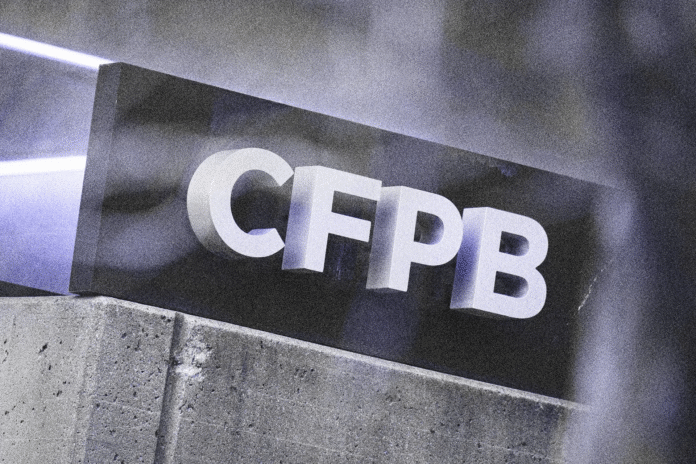
Federal Judge Halts Mass Layoffs at CFPB Amid Political Showdown
In a dramatic turn of events, more than 1,400 employees of the Consumer Financial Protection Bureau (CFPB) received a temporary lifeline on Friday when a federal judge blocked their impending layoffs. The ruling, handed down by U.S. District Judge Amy Berman Jackson in Washington, D.C., has postponed what would have been the dismantling of nearly 90 percent of the agency’s workforce—at least for now.
The employees, many of whom had already received notices that they would be cut off from agency systems by the following evening, were initially told that June 16 would mark their final day of employment. Instead, they now have at least another week on the job, with a court hearing scheduled for April 28 to further assess the legality of the terminations.
Judge Jackson’s decision requires the Trump administration to provide clearer evidence and rationale for the sweeping dismissals before they can proceed. It’s not the first time Jackson has intervened in the CFPB’s fate—earlier this year, she temporarily blocked the firing of probationary employees at the agency in response to a similar legal challenge.
Since its founding in 2010 as part of the Dodd-Frank Act, the CFPB has served as a federal watchdog over consumer finance. Its mission has been to protect the public from abusive banking practices, racial discrimination in lending, deceptive financial products, and predatory fees. Over the years, it has returned billions of dollars to consumers through fines and settlements with banks, debt collectors, and financial institutions.
However, the agency has long been a lightning rod for political debate. Critics, particularly from conservative and pro-business circles, have called the CFPB overreaching and argued that it stifles innovation and burdens businesses with excessive regulation. Supporters, on the other hand, see it as a critical counterbalance to unchecked financial power, especially in a digital age where new forms of financial exploitation are constantly emerging.
The Trump administration’s push to shrink the CFPB’s workforce comes under the leadership of acting director Russell Vought. Under his guidance, the agency has seen significant scaling back of its enforcement priorities. Just this week, CFPB staff were informed that investigations and actions related to medical debt, student loans, digital payments, and the handling of consumer data would be deprioritized.
In response to the administration’s actions, the National Treasury Employees Union, which represents a significant portion of CFPB workers, filed a lawsuit earlier this year to stop the layoffs and preserve the agency’s mission. The union’s efforts helped trigger the original injunction in February, when Judge Jackson ordered the administration to pause any staffing changes until more information was made available.
Although part of that earlier ruling was overturned by an appellate court, Friday’s injunction signals that the judiciary is not ready to sign off on the administration’s latest wave of terminations without further scrutiny. Judge Jackson emphasized that the court needs a clearer explanation of how the dismissals are being implemented and the broader rationale behind them.
For now, the future of the CFPB remains uncertain. The temporary halt offers a moment of relief for its employees, many of whom have spent years working on behalf of vulnerable consumers, investigating scams, and holding corporations accountable.
The ruling also reignites the broader national conversation about the role of regulatory agencies in American life. As tech giants, fintech companies, and financial institutions wield increasing influence over daily consumer transactions, the rollback of federal oversight raises questions about who will protect the public from abuse or manipulation.
Critics argue that weakening the CFPB leaves consumers more exposed at a time when economic instability, debt, and digital fraud are on the rise. Without strong enforcement mechanisms, they warn, the gap between corporate power and consumer protection could widen significantly.
Whether this week’s court decision leads to a permanent stay or just a temporary delay in the CFPB’s downsizing, it has already underscored the fragility of agencies tasked with defending everyday Americans. In a climate where politics increasingly dictate regulatory policy, even long-established institutions like the CFPB can find themselves on precarious ground.
With the April 28 hearing approaching, all eyes are on the court’s next move—and on whether the CFPB’s defenders can succeed in keeping the agency intact. For now, the 1,400 employees who faced imminent unemployment are back at work, albeit with uncertainty still looming over their future.


